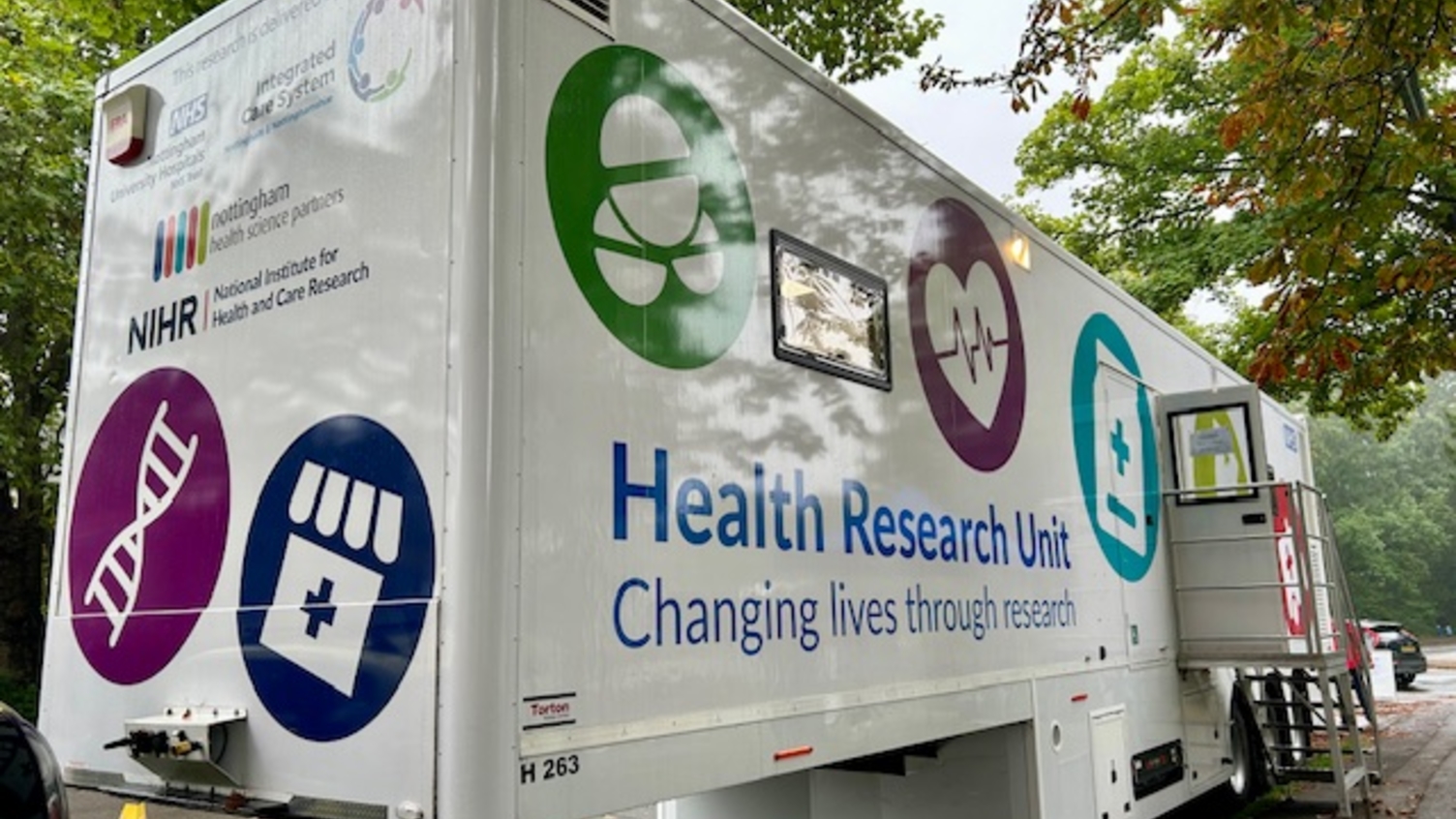"I discovered a newfound passion for the field and would like to develop my career in a research direction" — nurse
- 14 December 2023
- 3 min read
Wan Sze SHUM (Fancy) shares the story of her career as a research nurse.
Wan Sze SHUM (Fancy)
We're putting a spotlight on nurses, midwives and allied health professionals (NMAHPs) in research. In this piece, Wan Sze SHUM (Fancy), a research nurse at the NIHR Clinical Research Network North West London, shares the story of her career. Fancy is currently working in primary care settings.
How did you first get involved in research?
During my undergraduate studies my interest in research was minimal. I had an aversion to writing, particularly in a systematic and logical manner. However, my perspective shifted during my postgraduate studies in Edinburgh. I had the opportunity to assist in a systematic literature review, reading numerous high-quality research publications and discovering how research evidence can lead to change. I discovered a newfound passion for the field and would like to develop my career in a research direction, albeit not as an author but in other research roles.
Upon returning to Hong Kong, I took a role as a project officer in health and social science research. In addition to participant recruitment, I took on diverse responsibilities, including writing a training manual to standardise data collection and organising workshops tailored to community needs. The flexibility and variety inherent in managing research projects on the ground became a source of enjoyment, further solidifying my commitment to a career in research. And now I join the NIHR and work as a clinical research nurse in the primary care setting.
“...tangible impact from the research projects on improving health outcomes.”
What has been the highlight of your research career so far?
Engaging with different professionals and the public who share the same passion in clinical research. There is also a tangible impact from the research projects on improving health outcomes. For example, we detected cases of type 1 diabetes in children early on, enabling timely intervention and management. Staying at the forefront of research has provided valuable insights into the latest health technologies development, i.e. a breath test for GI cancer detection.
What skills do you think are needed for a career in research?
In pursuing a career in research, possessing a genuine curiosity and unwavering passion are foundational skills. Curiosity drives the desire to ask questions and find the answer. Passion helps to keep your resilience during the complex research process.
“...new problems and questions continually arise.”
Why do you believe research is important?
Research is important because it acknowledges the ever-evolving nature of our world, where new problems and questions continually arise. Relying solely on existing wisdom and old practice may not suffice to address emerging challenges. The essence of "re" in research implies a cyclical pursuit of knowledge — a commitment to revisiting, reevaluating, and refining our understanding to tackle the complexities of our changing environment, promoting continuous improvement and innovation.
What are your plans and ambitions for the future?
I may take some courses related to statistics and modelling as this is an area I have little knowledge of. I'm not considering a PhD at this stage as I'm not a big fan of writing.
I also hope my colleagues and I can join different conferences and write something together to contribute to the expansion of the evidence base in primary care. Additionally, I am passionate about educating the public about avoiding misinformation on social media, and encouraging community participation in research so we can address challenges together.
Find out more
Shape the Future — NIHR resources to support research careers


